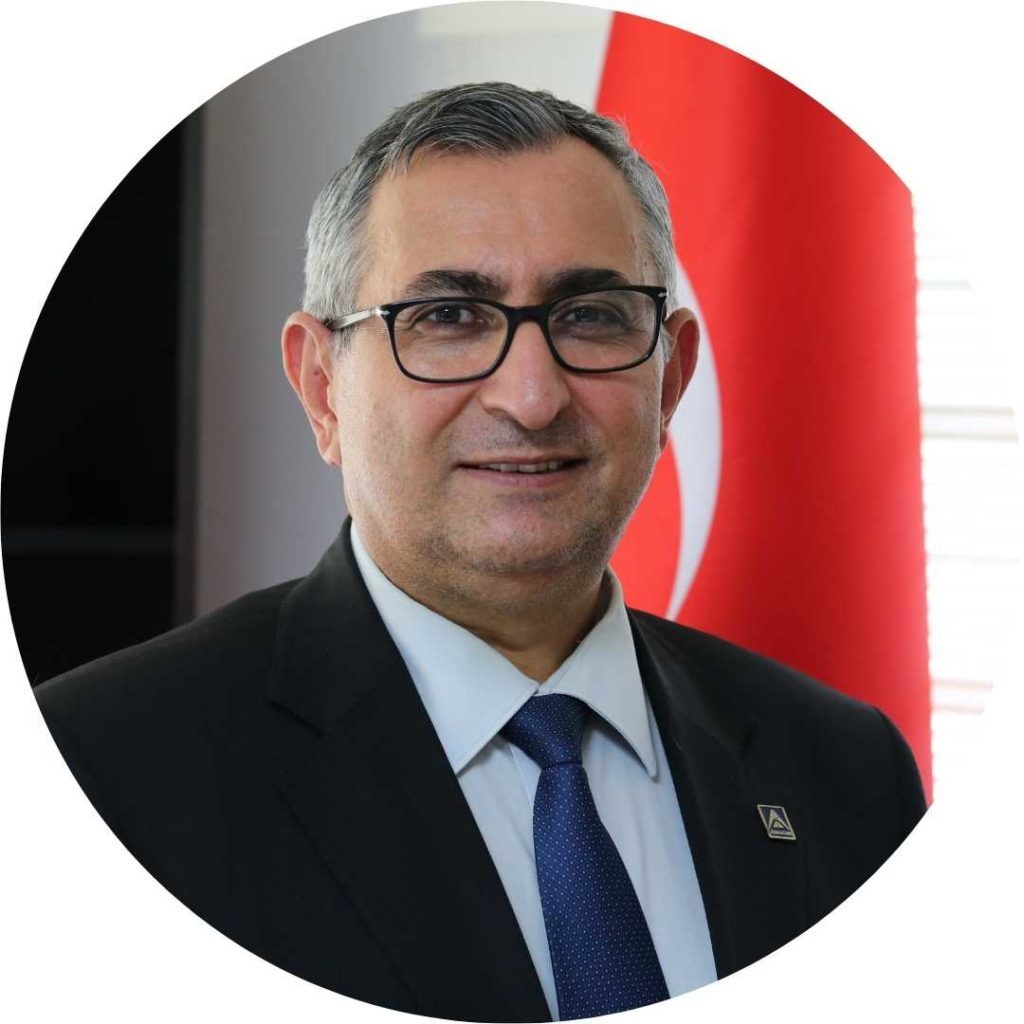
Prof. Mehmet Seyfettin EROL
It is already seen that the Turkic Council Leaders Summit, which will be held in Istanbul on the 12th of November, 2021, will be a new page for both Central Asia and Eurasia. To say that the Summit will be a new Pact or an axis can not go beyond the gossip of a minority who envy this union because it is a spirit and a new perspective.
The fact that its name is the Turkish Council can never give the impression that it is an ethnic structure because it contains a phenomenon of unity aimed at integrating it into the global world order as a mosaic of civilization with economic and cultural values.
At the heart of this union lies the economic and political independence of the Council’s members. To illustrate this with examples; Why should it bother Russia when Kazakhstan changes its street names? These are not the basis of close relationship of Kazakhstan which is home to the Russian minority in the northern region with the Russians and Russia. Changing street names is just the starting point for the integration of Kazakh identity and culture with the world. Meaning of Kazakhstan for Russia is neither Crimea nor Ossetia. The ties of the two states are far above such problems. However, the senseless provocations of a number of chauvinist journalists and Russian nationalist political figures neither affect the Russia-Kazakhstan relationship nor contribute to Kazakhstan’s opening to the world. Because it is obvious that there is no contrary movement in the reformist initiatives implemented by the current Kazakhstan administration.
Or why should Uzbekistan’s recent dialogue with the West, especially with the United States, bother Russia? Is not Russia in close contact with the same countries? Isn’t Russia trying to further develop and strengthen its relations with the countries in question, and even trying to increase its commercial ties with them? Russia cannot be expected to have the right to say no to the integration efforts of Uzbekistan, which deals with such uncertainty due to its closeness to Afghanistan, as it is the case for Kazakhstan.
Or why would Russia want to thwart the efforts of the region’s most “democratic” country, Kyrgyzstan, which has no choice except China Tajikistan and Uzbekistan because of sharing border, to attract more investment and jobs to Kyrgyzstan. The agreements signed between Russia and the new Kyrgyz administration in February 2021 are not seen as a move to prevent the independence of the Kyrgyz people, and it cannot be considered that Kyrgyzstan’s agreements with distant geographies are against Russia.
As seen from the policy of Russia after Azerbaijan’s struggle in Karabakh, the trade moves made by Russia, Armenia and Azerbaijan to resolve their problem and even to move relations to the next level are encouraging countries in the south of Russia to keep up with the rapidly changing world order. This suggests that in the new world order, Russia has slipped away from its repressive policies of the Cold War era and approached the issues with a softer and more understanding policy with a new timetable.
The biggest example of this is experienced in Turkey-Russia relations. Although Turkey’s increased presence both in its near region and in other continents has pitted the two countries against each other in many regions, it has forced Turkey and Russia that are members of the North Atlantic Treaty Organization (NATO), to act together and harmoniously on many issues, and as a result it has kept them together within the framework of “win-win” politics. If Russia had not been able to adapt the change, who would have benefited from the struggle?
I never think that Russia perceives the Turkic Council as a threat. Despite that, I also do not think that Moscow has any idea of joining the Turkic Council. Due to being included in the Council does not provide a benefit or a problem to Russia at this phase, this is just a political manoeuvre. On the other side of the medallion, The Council has no desire to include Russia either. Because the Council is neither a European Union (EU), a Collective Security Treaty Organization (CSTO), nor a Shanghai Cooperation Organization (SCO), nor even NATO. It is a spiritual union, which is independent, aiming at integration with the world. The accomplishment and advancement of the Council mean a crystal-clear advantage to all. Neither Russia is the old Russia nor the Central Asian countries are states that have remained in the old world. Even though economic, social and military challenges indicate the Russian mobility in several fields is not the same as before, Moscow’s plan for the overcome this situation is to promote alike partnerships.
Should Russia somehow be part of the Turkic Council? In my opinion, it shouldn’t. Because since the ground, where Russia which does not appeal to Council’s spirit, must be Anglo-Saxon based new alliances (such as AUKUS) to determine its new policy. Contrary to fact that Russia expands its economic difficulties to other areas and disseminates it further, it is time for Russia to realize that it is necessary to adopt a course of action to gather strength and merge its disintegrating politics.

